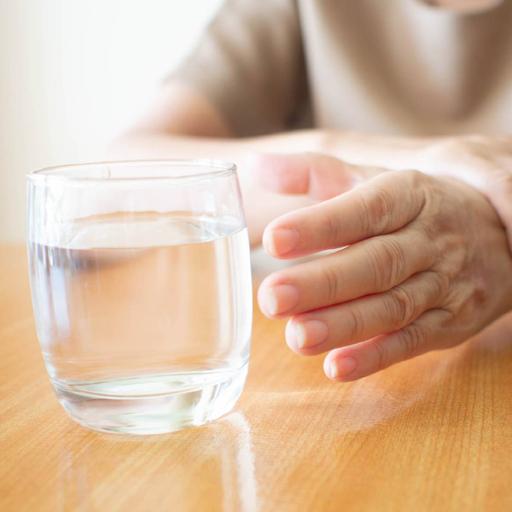Parkinson's Disease
Presentations | English
What is Parkinson's' disease? Parkinson's disease is a nervous system disease that affects your ability to control movement. The disease usually starts slowly and worsens over time. Nerve cell damage in the brain causes dopamine levels to drop, leading to the symptoms of Parkinson's. Parkinson's often starts with a tremor in one hand. Other symptoms are slow movement, stiffness, and loss of balance. Treatment consists of medications to increase dopamine, which might help control the symptoms of Parkinson's. Levodopa, the most effective Parkinson's disease medication, is a natural chemical that passes into your brain and is converted to dopamine. Medication aside, there are many ways people living with Parkinson's disease can improve their health and well-being by getting regular exercise, eating a healthy diet, staying hydrated, and getting an adequate amount of sleep. Individuals with PD may have a slightly shorter life span compared to healthy individuals of the same age group.

126.00
140.00
Lumens
PPTX (35 Slides)
Parkinson's Disease
Presentations | English
